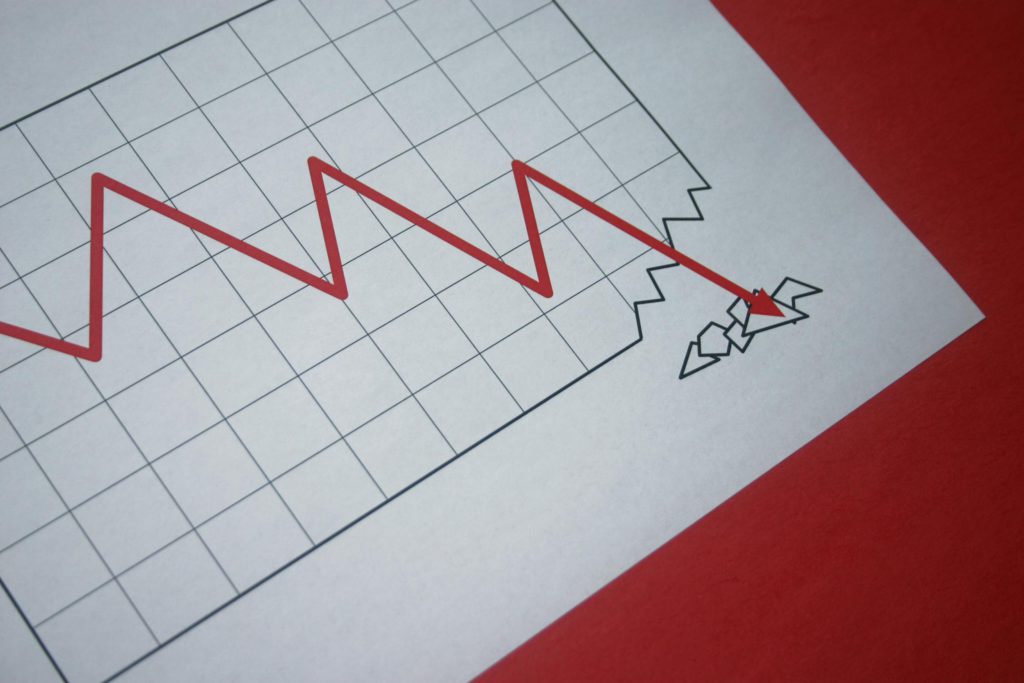UK car market declines for first time since 2009 as CO2 levels rise
08 January 2018

8 January 2018
The UK new car market declined in 2017, with annual registrations falling for the first time in six years, according to new figures published by the Society of Motor Manufacturers and Traders (SMMT).
Sales in December fell by 14.4%, marking the ninth consecutive month of decline in the country. Over the 12 months, 2,540,617 units were registered, a fall of 5.7% compared to a record year in 2016. However, despite the decline, which was also down on 2015’s figures, the total is still the third highest in a decade.
While sales of petrol vehicles rose over the year, with a 2.7% increase, this was not enough to offset a drastic drop in the sale of diesel vehicles, which ended 2017 down by 17.1%. The SMMT attributes this collapse to the anti-diesel rhetoric passed onto the public by media outlets and the UK Government, which will be increasing the vehicle excise duty (VED) rate for the first year of registration on new diesel cars from April 2018.
However, modern diesels are cleaner than their ageing counterparts, with Euro 6 engines tested to strict emission standards. This means the levels of dangerous particulates, such as nitrogen oxides (NOx) are dropping, while the levels of CO2 emitted remain much lower than petrol vehicles. The shift in the fuel type market meant that carbon tailpipe emissions have risen in the UK for the first time since 1997, with new cars averaging 121.04g/km, up 0.8% on 2016. 2016 saw CO2 emissions fell for the 19th consecutive year and this is the first year the figure has risen since records began.
The rise in CO2 levels is bad news for vehicle manufacturers, who are already struggling to meet EU emission targets, and face heavy fines should they not. This rise is the first example of how the decline in diesel sales is affecting CO2 air pollution.
There was good news for the alternatively-fuelled vehicle market, which grew 34.8%. A record number of hybrid, plug-in hybrid, battery electric and hydrogen fuel cell cars were registered – resulting in the sector’s highest-ever annual market share of 4.7%. UK consumers buy more plug-in cars than anywhere else in Europe and demand grew by a quarter in 2017. However, these increases are based on relatively small numbers.
Private, fleet and business registrations were all down in 2017, with demand from private motorists declining 6.8%, while fleets saw a fall of 4.5%. The biggest percentage losses were seen in business registrations, with the sector ending the year down 7.8%.
Mike Hawes, SMMT chief executive, said: ′The decline in the new car market is concerning, but it’s important to remember demand remains at historically high levels. More than 2.5 million people drove away in a new car last year, benefitting from the latest, safest, cleanest and most fuel-efficient technology.
′Falling business and consumer confidence is undoubtedly taking a toll, however, and confusing anti-diesel messages have caused many to hesitate before buying a new low emission diesel car. Keeping older vehicles on the road will not only mean higher running costs but will hold back progress towards our environmental goals. Consumers should be encouraged to buy the right car for their lifestyle and driving needs irrespective of fuel type – whether that be petrol, electric, hybrid or diesel as it could save them money.